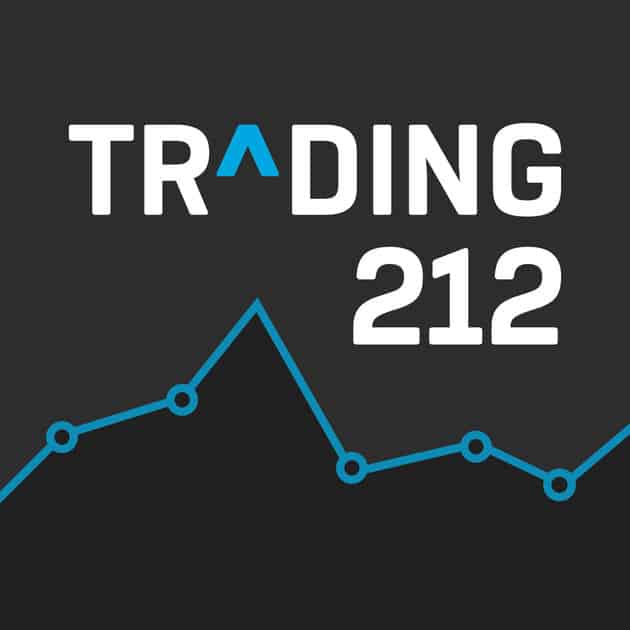With the current rising costs of everything from food shopping to council tax, managing personal finances has become more critical than ever, especially with other unpredictable economic factors thrown into the mix. One of the simplest yet most effective ways to ensure financial stability is by tracking your spending. Many of us struggle to keep track of daily expenses, and may not realise how small, everyday purchases add up.
It’s easy to be unaware of how much you spend on certain categories, such as subscriptions, takeaways, or even small, daily purchases like a coffee. Tracking your spending allows you to see exactly where your money is going. If you grab a £3 coffee every day, that’s £90 a month, which could easily be redirected into savings with a bit of awareness.
Once you begin tracking your spending, you might notice patterns that aren’t adding value to your life like impulse purchases or unneeded subscriptions. Many people overlook things like gym memberships they don’t use or unused streaming services. With so many subscription services available, it’s common for people to accumulate more than they need, and simply tracking those can reveal areas where you can cancel or downgrade.
Tracking your spending allows you to categorise your expenses; for example food, entertainment, transport, etc, and set realistic budgets for each category. This helps you stay within your means, avoid overspending, and allocate more money toward savings or paying off debt. There are various budgeting tools and apps like Monzo, or Starling Bank, which help users keep track of their spending. These can categorise expenses automatically, making it easier to see how much you are spending in each area.
Whether it’s building an emergency fund, saving for a house deposit, or planning for retirement, tracking your spending helps ensure you are consistently contributing to your savings goals. Without awareness of your daily spending, it’s hard to commit to these long-term goals. Saving for a house deposit in the UK can be challenging given the high cost of property. Tracking spending allows you to adjust your lifestyle to ensure you’re putting away more for your future.
In the UK, many people fall into debt due to overspending or relying too much on credit cards. By tracking your spending, you can avoid debt traps, ensuring that you only spend what you can afford. Tracking helps you see if you are relying on credit more than you should. You can then prioritise paying down your debts instead of accumulating more.
When you regularly track your spending, you become more mindful about your purchases. This leads to more thoughtful, intentional spending choices. If you track it, you need to think about the purchase at least twice, and hopefully this leads to a change in habits.
Tracking spending regularly develops habits that lead to better financial discipline. By sticking to your budget and reviewing your spending habits, you will become more conscious of your money management. These habits can help you move toward long-term financial freedom, allowing you to pay off debts, build savings, or invest for the future.
If you’re self-employed or have multiple income sources, keeping track of your spending is crucial for tax purposes. It ensures you know what’s deductible and helps you stay organised during tax season. It’s also much easier to discuss your finances with a financial advisor when you have a clear picture of your spending and can provide them with accurate data.
Tracking your spending is a simple, effective strategy that can help you save money, avoid unnecessary debt, and make better financial decisions. It’s more important than ever to ensure that your money is working for you. By regularly reviewing where your money is going, you’ll be able to make smarter choices, cut back on unnecessary expenses, and work towards your financial goals. Start tracking your spending today using an app or a simple excel spreadsheet, and see how small changes can add up over time. Your future self will thank you for it.

Get a FREE fractional share with Trading212
Use promo code: MITM (works within the first 10 days of signing up)
Fractional share worth up to £100. Capital at risk. Terms apply

Get a Welcome Bonus of up to £50 when you invest at least £100 with InvestEngine

Consolidate your Pensions with PensionBee
Keep your pensions all in one place with this simple to use Pension service.
Manage your money better with MoneyMonitor
I personally built this website to allow me to bin my spreadsheets in favour of something a little easier to use. It’s completely free of charge.